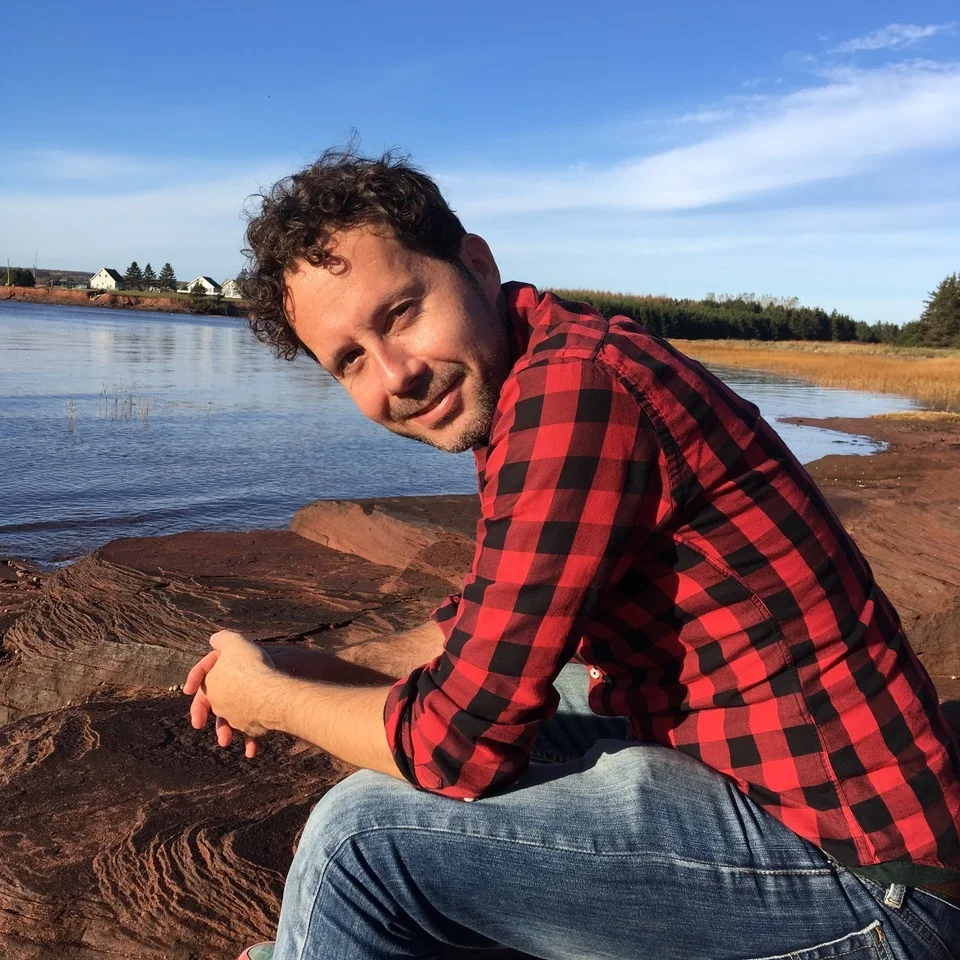Trevor Corkum Reviews John Barton's We Are Not Avatars: Essays, Memoirs, Manifestos
John Barton. We Are Not Avatars: Essays, Memoirs, Manifestos. Palimpsest Press. $18.95, 250 pp., ISBN: 9781989287217
Reading John Barton’s We Are Not Avatars: Essays, Memoirs, Manifestos feels a bit like following the yellow brick road deep into the warrens of Canadian queer literary history. This superb collection comprises essays, public lectures, and reviews written by Barton over the past 25 years. Filled with dependable analysis and acerbic wit, Barton’s collection is part literary detective work, exploring the fraught relationship between queer sexuality and Canadian literature over the past several decades and foreshadowing the critical (and contested) role identity politics has come to play in the present literary landscape.
Barton is currently Poet Laureate for the City of Victoria. In addition to his heralded work as a poet—he has 11 books of poetry and nine chapbooks under his belt—he has served as a trusted editor and mentor through his work at The Malahat Review, and co-editor (with Billeh Nickerson) of an influential volume of queer Canadian male poetry (cheekily called Seminal).
The present collection is arranged thematically, and it’s these groupings that spotlight the author’s chief preoccupations as a memoirist. Men of Honour, the opening section, maps many of the concerns and controversies of queer writing in Canada over the past few decades. In “Visible but Not Scene: Queer Expression in the Age of Equity,” originally published as a chapbook by Anstruther Press (and republished online by The Walrus), Barton contends that in the age of equality, with a Prime Ministerial apology for mistreatment of the LGBTQ2S community, and gay marriage commonplace, queer writers still face systemic barriers to mainstream publishing. He takes to task the Canada Council and others in the creative industries for failing to recognize that in this era of “greater queer agency”, LGBTQ2S writers and artists continue to face marginalization and ambivalent publics for explicitly queer-themed material.
At a moment when a new generation of queer and trans writers (Joshua Whitehead, Casey Plett, Vivek Shraya, and Billy-Ray Belcourt, among others) are gaining widespread recognition, securing solid publishing deals and garnering major literary awards, there are those who may see Barton’s analysis as dated. Barton, however, has been around the block long enough to remember the fickleness of the mainstream publishing community, reminding us how “many LGBTQ2S authors in North America were dropped by large publishers in the late 1990s and early 2000s when sales of their books did not realize the commercial hopes placed in them.”
The second section, Phantom Diary, tends to the confessional, exploring the author’s coming-of- age as a gay man in Alberta, and his literary muse, Emily Carr. It contains one of the finest essays in the book, “The Pain Closet: Outtakes from a Phantom Diary.” Written as a series of journal entries, “The Pain Closet” tracks Barton’s journey to understand and heal a body coping with chronic pain. He explores the failures of the health care system to properly diagnose his symptoms (in part due to the negligence of a homophobic doctor) and chronicles his attempts to seek relief. Embedded in these poignant entries is an elegy of sorts to Barton’s dead sister, Pam, who acted a key emotional touchstone in the artist’s life.
Pam opened the clinic door through which I found the doctors and physiotherapists who have transformed my chronic pain into something tolerable. Strangely, my daily pain comforts me because it reminds me of her, physical sensation more bearable than the mental anguish of loss.
In Snow Angels, Barton collects a number of previously published reviews, engaging with the work of a number of Canadian poets who have fallen off the canonical radar, including Margaret Avison and Pat Lowther. As in all such collected nonfiction works, such reviews—fascinating and polemic in equal parts—can nonetheless feel tacked on, less substantial than the essays.
The final section, Inside the Blind, is the most future-oriented and diverse. “Where Have All the Poets Gone?” queries the perceived decline in the standard of poetry being submitted to top-tier Canadian literary journals. Other essays probe the tough financial realities facing Canadian literary magazines and the deft role of editing in shaping exceptional work. In these essays, Barton—always frankly spoken—is often playful, even satirical. There’s a “behind-the-scenes” feel to his editing vignettes which will appeal to many who have wondered what exactly goes on inside the glamourous world of Canadian literary publishing.
Barton’s many important contributions to the Canadian literary community—most critically, as a gifted thinker and champion for LGBTQ2S writing—are on full display in We Are Not Avatars. These provocative pieces remind us of the vital role literary discourse can and should play within the CanLit ecosystem. They harken back to a time when such discourse played out not in battling Twitter feeds but in the type of criticism that requires time, space, and deep reflection to produce and to consume. Canadian literature is infinitely richer for Barton’s generous gifts.
Photo credit: Joshua Lewis
Trevor Corkum's novel The Electric Boy is set to debut with Doubleday Canada. His fiction, essays, and journalism have appeared in periodicals such as the Toronto Star, The Walrus, and The Globe and Mail and his work has been recognized with nominations for the Journey Prize, a National Magazine Award for Fiction, and CBC Literary Awards for Short Story and Nonfiction. He divides his time between Toronto and the South Shore of Prince Edward Island.


